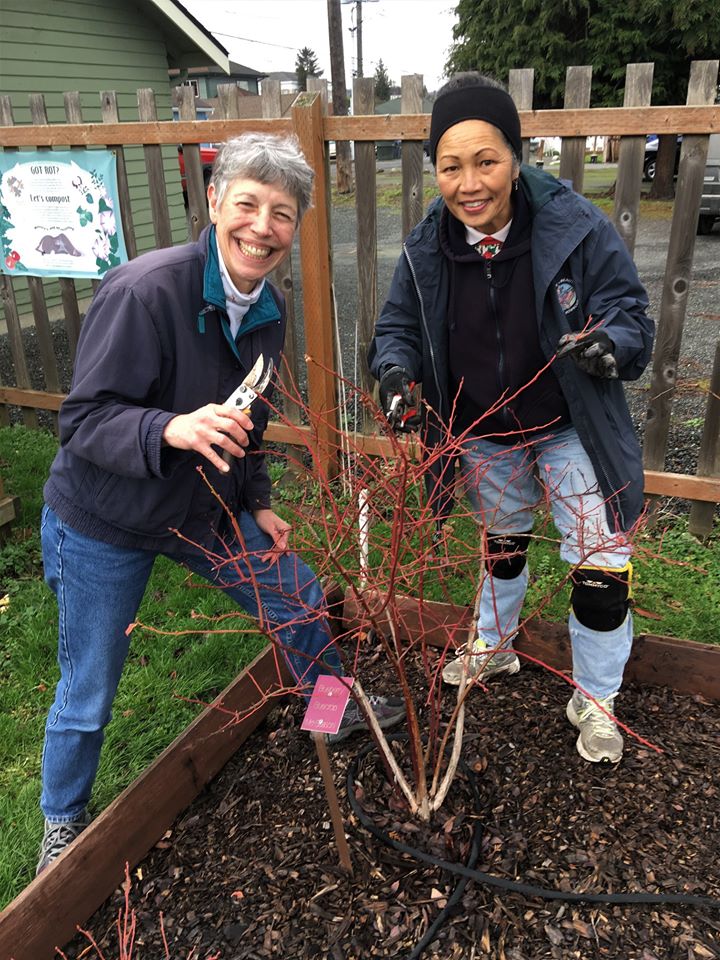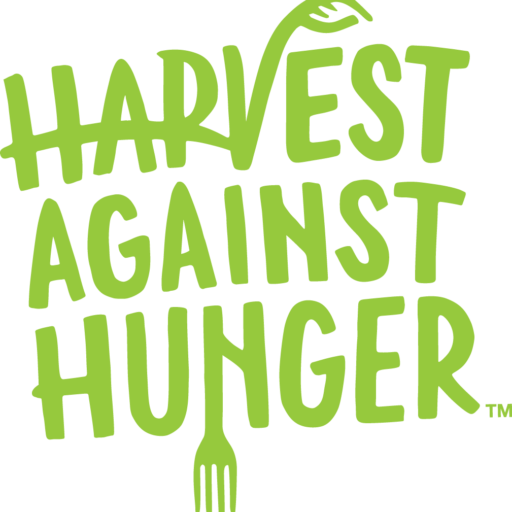How Can We Help?
Volunteer Relations
The Community Food Projects developed by the first-year VISTA have not so far included volunteers because they are primarily still in the development phase. Volunteers have also been readily available when needed through the structure of each project. The first community meal pilot under the program provided a weekly lunch while a local meal-providing agency (Salvation Army) was taking an administrative break over the summer months. This was done in conjunction with the Port Angeles Food Bank and with Peninsula Behavioral Health. Because PBH was able to provide staff with their PATHS homeless outreach team, there was no need for a formal volunteer recruitment effort. The second community meal is being provided monthly by the community organization Food Not Bombs. The VISTA’s role in this has been as a regular group member volunteering alongside others in food preparation and distribution, and by providing a connection to food relief agencies and other local nonprofits interested in supporting these meal efforts. This has led to unique opportunities with other community food groups offering resources and network connections that will make meal provision sustainable in the longer term. By creating buy-in with community groups and transferring ownership of these initial community meals, the VISTA has been able to utilize existing groups of motivated citizens instead of generating entirely new volunteer bases. In planning for the launch of future Community Food Projects as well as the expansion of the community meals, incoming VISTA’s will be able to mobilize volunteers through a numberof groups and organizations with which the first-year VISTA has cultivated relationships.

One such group is Compassion Clallam County, which has created a Compassion Food Equity subcommittee specifically to work on creating projects and expanding food access in the local community. The VISTA has – and should continue to – play a leadership role in this group to help guide their goals and projects and connect them with existing organizations and resources for food security efforts. While their various chosen projects and goals have advanced at different levels of success, this group has a large membership keen on active and engaging waysto solve food access problems, and is a prime source for future volunteer recruitment. Through Compassion’s network, as well as the Clallam Gleaners listserv from the WSU Extension and the group memberships of the Peninsula Food Coalition and the Olympic Peninsula Healthy Community Coalition, rallying groups of motivated volunteers for Community Food Projects should be accomplishable with relative ease.
A consideration for volunteer recruitment is to specifically seek out food bank clients and other food-insecure community members. Although people struggling with food insecurity may not be obvious candidates for volunteer work and may often be unable to dedicate their limited time and resources to such projects, participation in the Community Food programs could bring the multiple benefits of direct access to food provided by the program itself, of education and increased knowledge gained from participating in the glean processing and community meal preparation, and of new connections to different food resources that can alleviate food insecurity pressures. VISTA’s must be respectful of people’s various struggles when recruiting volunteers.


